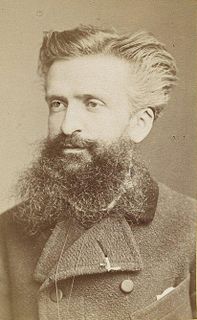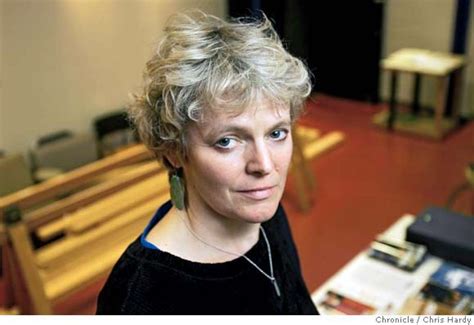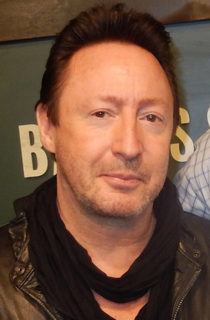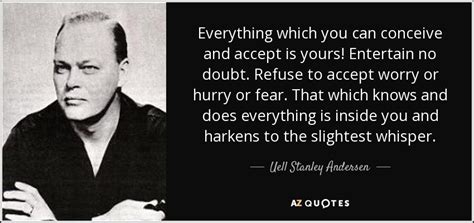A Quote by David Bohm
My suggestion is that at each state the proper order of operation of the mind requires an overall grasp of what is generally known, not only in formal logical, mathematical terms, but also intuitively, in images, feelings, poetic usage of language, etc.
Related Quotes
Given its more substantial aim, a judgment is apt only if its constitutive alethic affirmation is not only apt but aptly apt. The subject must attain aptly not only the truth of his affirmation but also its aptness. And that in turn requires not only the proper operation of one's perception, memory, inference, etc., but also that one deploy such competences through competent epistemic risk assessment.
A crowd thinks in images, and the image itself calls up a series of other images, having no logical connection with the first...A crowd scarcely distinguishes between the subjective and the objective. It accepts as real the images invoked in its mind, though they most often have only a very distant relation with the observed facts....Crowds being only capable of thinking in images are only to be impressed by images.
Suggestion is generally better than Definition. There is a seeming dogmatism about Definition that is often repellent, while Suggestion, on the contrary, disarms suspicion and summons to co-operation and experiment. Definition provokes discussion. Suggestion provokes to love and good works. Defining is limiting. Suggestion is enlarging. Defining calls a halt; Suggestion calls for an advance. Defining involves the peril of contentment: "I am here, I rest." "Thus far," says Definition, and draws a map. "Westward," cries Suggestion, and builds a boat.
How can we appraise a proposal if the terms hurled at our ears can mean anything or nothing, and change their significance with the inflection of the voice? Welfare state, national socialism, radical, liberal, conservative, reactionary and a regiment of others ... these terms in today's usage, are generally compounds of confusion and prejudice. If our attitudes are muddled, our language is often to blame. A good tonic for clearer thinking is a dose of precise, legal definition.
I write in order to understand the images. Being what my agent . . . somewhat ruefully calls a language playwright, is problematic because in production, you have to make the language lift off the page. But a good actor can turn it into human speech. I err sometimes toward having such a compound of images that if an actor lands heavily on each one, you never pull through to a larger idea. That's a problem for the audience. But I come to playwriting from the visual world - I used to be a painter. I also really love novels and that use of language. But it's tricky to ask that of the theatre.
Mathematics is a logical method. . . . Mathematical propositions express no thoughts. In life it is never a mathematical proposition which we need, but we use mathematical propositions only in order to infer from propositions which do not belong to mathematics to others which equally do not belong to mathematics.
We know that mathematicians care no more for logic than logicians for mathematics. The two eyes of science are mathematics and logic; the mathematical set puts out the logical eye, the logical set puts out the mathematical eye; each believing that it sees better with one eye than with two. Note that De Morgan, himself, only had sight with only one eye.
I imagine that whenever the mind perceives a mathematical idea, it makes contact with Plato's world of mathematical concepts... When mathematicians communicate, this is made possible by each one having a direct route to truth, the consciousness of each being in a position to perceive mathematical truths directly, through the process of 'seeing'.
The transition from Religion to Scientific contemplation is a violent, dangerous leap, which is not to be recommended. In order to make this transition, art is far rather to be employed to relieve the mind overburdened with emotions. Out of the illogical comes much good. It is so firmly rooted in the passions, in language, in art, in religion, and generally in everything which gives value to life. It is only the naive people who can believe that the nature of man can be changed into a purely logical one. We have yet to learn that others can suffer, and this can never be completely learned.





































